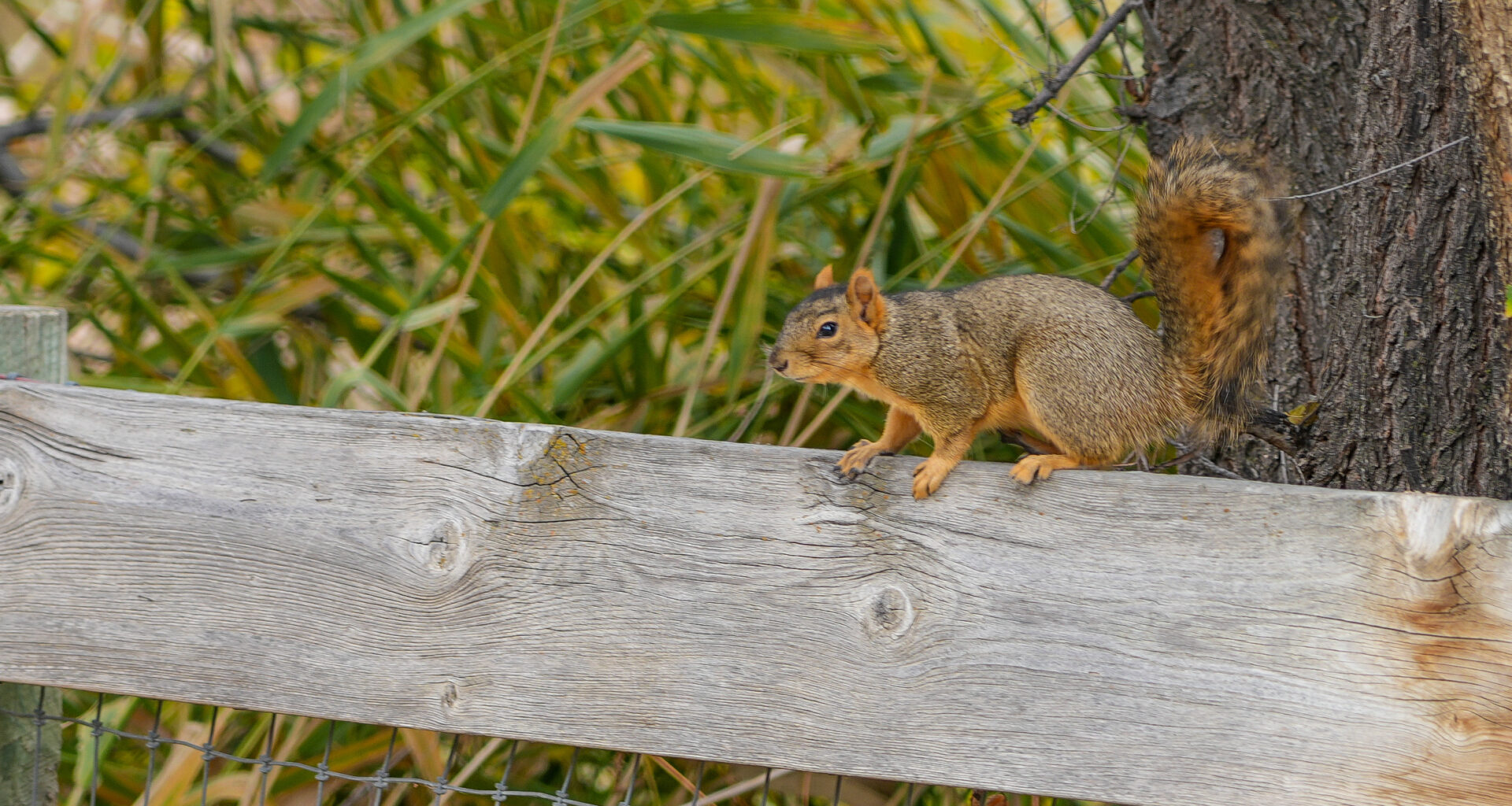SALT LAKE CITY (KUTV) — Invasive fox squirrels have spread into Utah, carrying a disease that threatens to wipe out native red squirrels — a loss that could severely impact forest health, according to wildlife specialists.
Native to the eastern United States, fox squirrels have gradually migrated west into Colorado and Utah.
They have an orange belly and were first seen in Utah in 2011, according to Utah State University Extension wildlife specialists Nicki Frey and David Stoner.
The two noted that fox squirrels are becoming more widespread in the Salt Lake City area, thriving in urban areas with plenty of oaks, maples, and other trees that provide food.
“They can become quite a nuisance if left unchecked,” Frey said. “They also compete with our native red squirrels, which are only half their size and less aggressive. They may overlap in urban areas within the mountainous areas of Utah, where red squirrels are commonly found.”
The specialists said red squirrels are vital to Utah’s native ecosystem, supporting forest health by spreading essential fungi.
In contrast, they said fox squirrels displace red squirrels, steal their resources, and carry a disease that can kill them, so their loss threatens the forest’s well-being.
“Because fox squirrels readily adapt to eating human-sourced food and thrive in urban areas, they can exist at higher densities than red squirrels,” Frey said. “With their much larger body and litter size, this means they have the potential to cause more damage to human resources than red squirrels.”
Fox squirrels have been known to damage yards and orchards by eating fruit, stripping bark, digging lawns, and chewing irrigation lines and cables.
Frey and Stoner recommend deterring fox squirrels by fencing garden boxes, trimming nearby branches, adding smooth metal tree barriers, and temporarily netting fruit trees during ripening.
Along with habitat modification, they both recommended trapping.
Lethal traps have been allowed legally since fox squirrels are an invasive species in Utah and are therefore not protected by state law.
Specialists said traps should be set carefully to avoid harming birds or pets, and not used in areas with red squirrels; it is not legal to lethally trap them.
_____
